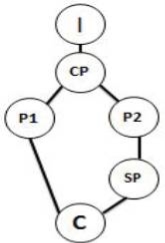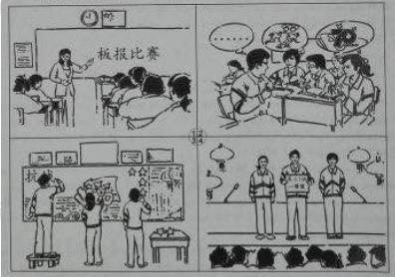0 133978 133986 133992 133996 134002 134004 134008 134014 134016 134022 134028 134032 134034 134038 134044 134046 134052 134056 134058 134062 134064 134068 134070 134072 134073 134074 134076 134077 134078 134080 134082 134086 134088 134092 134094 134098 134104 134106 134112 134116 134118 134122 134128 134134 134136 134142 134146 134148 134154 134158 134164 134172 151629
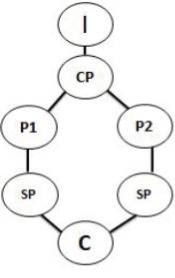 B.
B.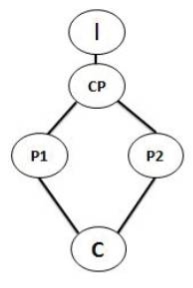
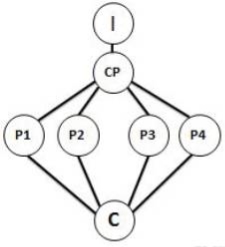 D.
D.